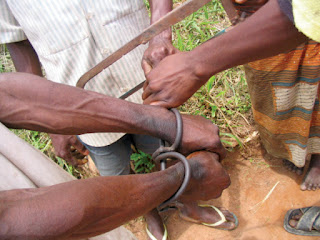Cardiovascular diseases still on ‘rampage’ as world marks ‘Heart Day’

In recent times, over 17.1million lives are said to have been lost annually to the global burden of cardiovascular diseases (heart attacks and strokes) and other non-communicable diseases. However, according to the World Health Organisation (WHO), this figure represents a leading threat to global health and development. With over 80 percent of CVD-related deaths occurring in developing countries like Nigeria, India, China, etc. which can least afford the social and economic consequences associated with the disease, these figures are projected to rise further to almost 23.6 million people by 2030, a move that is said to seriously affect the number of people who contribute to the Gross Domestic Product (GDP) of any nation. Giving these worrisome indices, health experts have tasked Nigerians to maintain healthy lifestyles through healthy diet, regular physical activity and avoid tobacco smoke even as a comprehensive and integrated action by government and stakeholders in the health ...


